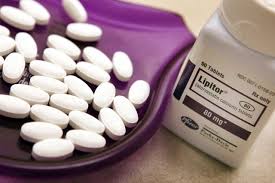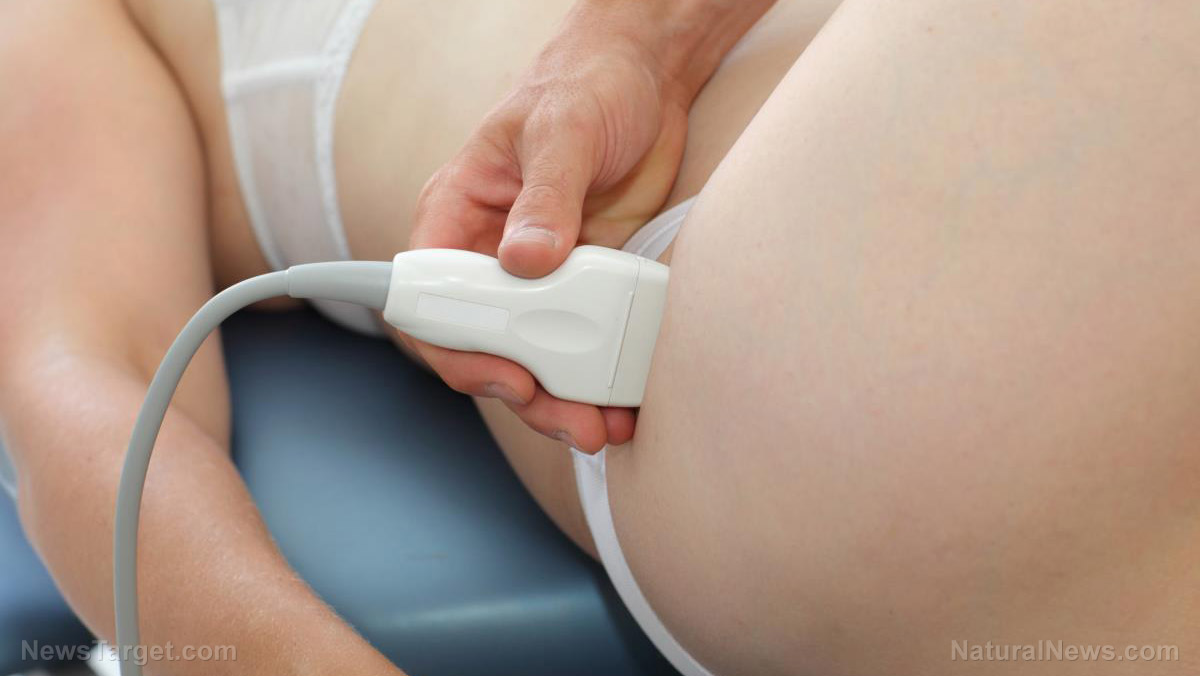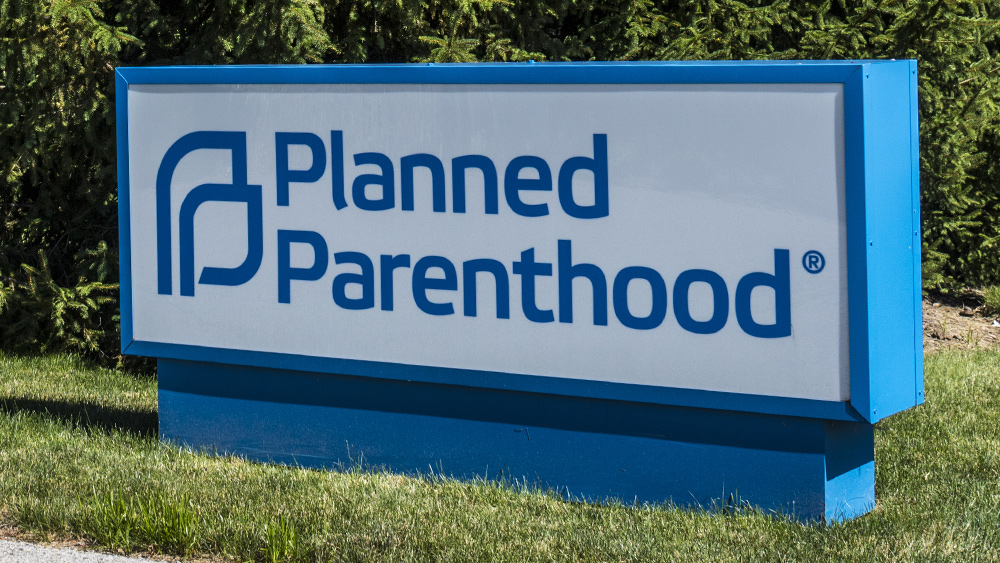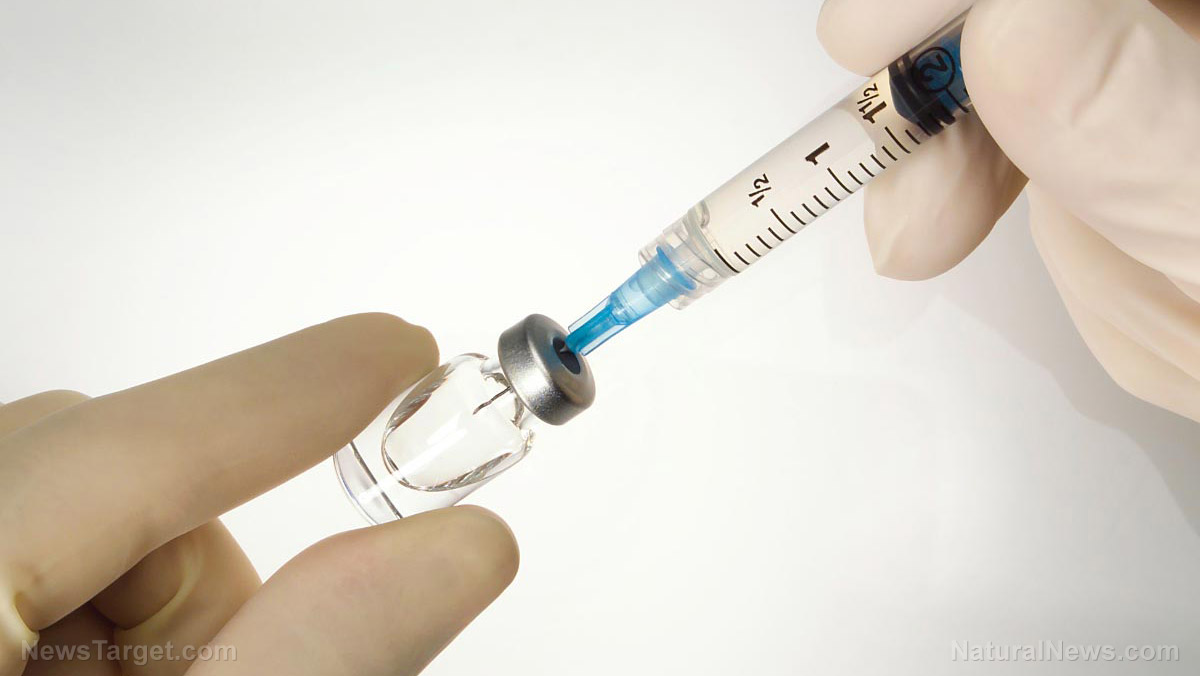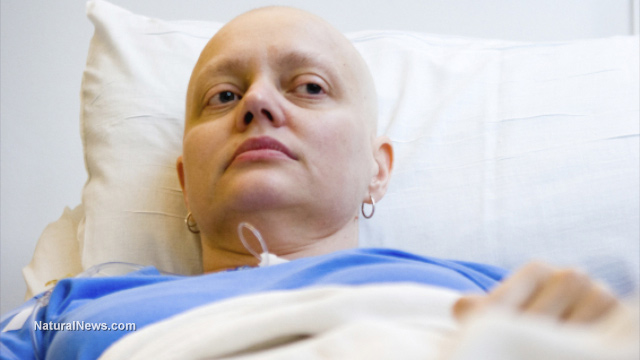Fertility clinics are making a killing, and many of the treatments are not necessary, a new study has found
02/21/2019 / By Rita Winters

Infertility is a serious condition that affects 48.5 million couples worldwide. Big pharmaceutical companies take these numbers as a business opportunity by producing fertility treatments which have no actual scientific evidence to back-up its claims. A study led by Carl Heneghan, a professor at the Oxford University‘s Centre for Evidence Based Medicine (CEBM), describes the “lack of evidence for interventions offered in U.K. Fertility centers” (which is the exact title of the study as well).
Despite being regulated by the Human Fertilization and Embryology Authority (HFEA), fertility clinics have been found to offer unnecessary treatments that lack scientific evidence on top of routine in-vitro fertilization (IVF). Most of the added treatments are costly, ranging from 50 British pounds ($67) for a blood test up to 8,000 British pounds ($10,730) for egg-freezing packages.
The researchers of the study looked into 74 fertility center websites for a total of 1,401 web pages. They found 276 claims of benefits associated with 41 unique fertility treatments from 60 out of the 74 centers. Seventy-nine percent of the 276 claims used statistics to explain the chances of improved fertility. Researchers identified 13 websites where 16 references were included. Only five out of the 16 references were valid studies and evidences. Given that fertility treatments are medical in nature, references to scientific evidence must always be cited, especially when claims are made. The study shows that majority of these U.K. fertility centers failed to cite any source at all.
These centers collectively offer 38 different types of fertility interventions which are actually not supported by scientific evidence. The National Institute for Health and Care Excellence (NICE) gave advice on 13 of the 38 interventions, and research evidence were available for only 27 of the 38. The study also found that there was a lack of information on the negative effects of the fertility treatments offered.
Couples can spend thousands of dollars just to be able to procreate. Some even go straight for treatments that are not backed up by scientific evidence, without even considering the possible effects on their health and the baby’s health. A lot of fertility centers charge thousands for treatments that do not have sufficient data on outcomes. One add-on treatment called the Preimplantation Genetic Screening (PGS), priced around $3,500, is a good case in point. PGS tests embryos for abnormalities, but a clinical trial in 2007 discovered that an earlier version of PGS may have lowered birth rates. While most clinics sell newer and safe versions of PGS, the prices are outrageous and there is still no solid evidence that it would significantly improve the chances of having a baby.
Some causes of infertility include being too old (35 to 40 for women), absence or irregularity of menstrual cycle, cancer treatment, low sperm count, reproductive system disorders, genetics, and acquired factors like being overweight or obese.
About one in seven couples in the U.K. and 10 percent of couples in the U.S. are affected by infertility, many of whom seek medical treatments to conceive. The rise of fast foods and other highly-processed food items, as well as unhealthy, sedentary lifestyles only contribute to the growing statistics of infertility worldwide. A lot of studies show that obesity and being overweight, brought about by unhealthy food choices and lack of physical activity, significantly lowers the chances of conception in both males and females. Most fertility clinics also focus on treating females when the male counterpart has a 50 percent chance of being infertile as well. While there are many natural methods for improving the chance of conceiving, a lot of people consider laboratory concoctions over changing habits towards a healthier lifestyle.
Sources include:
Tagged Under: Fertility, fertility treatment, medical deception

